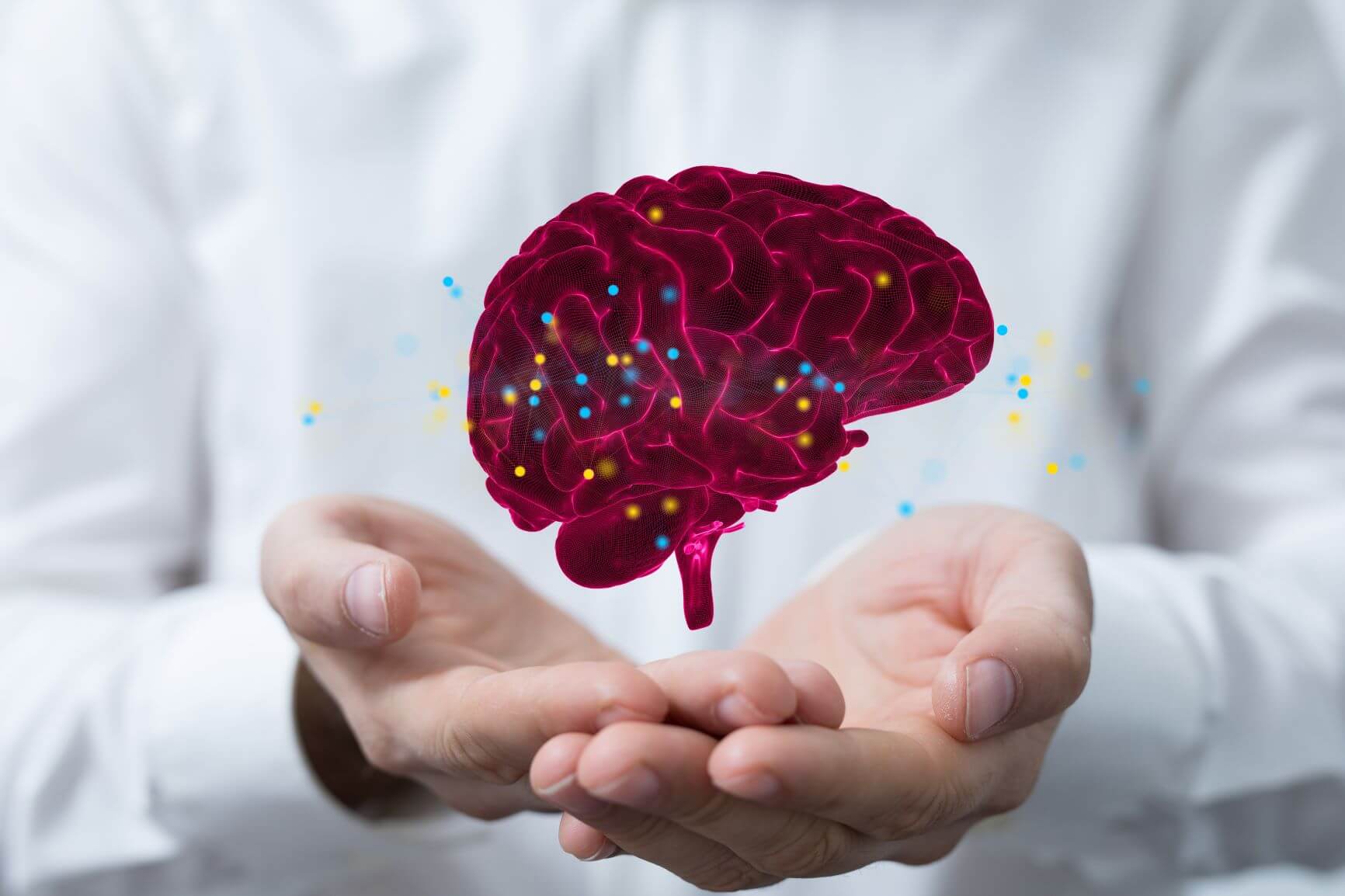Are you experiencing burnout?
In today’s era, we are overwhelmed with information and tasks, and frequently find ourselves in states of exhaustion due to stress and pressure. Burnout affects not only our physical well-being but also our emotional and cognitive states, with far-reaching effects on our health and quality of life. In recent years, more and more workers in the healthcare professions and other intensive roles report cases of burnout. This condition may occur when the required level of performance is extremely high and comes with a significant load and pressure.
Other factors that can contribute to burnout, unrelated to workload and stress, may include repetitive and unchallenging work or emotional experiences where we feel unappreciated and unrewarded over time. Burnout can also occur in personal life due to childcare responsibilities, household duties, or caring for an ill family member. Other factors in life influence the experience of burnout, such as the level of interpersonal support we receive, the enjoyment or rest we experience, and more.
People experiencing burnout report a decrease in motivation, interest, and mood. Additionally, burnout impairs functioning and energy levels, leading to feelings of fatigue, pessimism, and despair. Cognitively, burnout results in decreased memory and concentration abilities, making it challenging to perform well in work and life tasks. In such situations, individuals often seek help after many months to receive advice on how to regain their normal state.
Even the brain needs rest.
In a state of burnout, we don’t have the resources to push ourselves further, and we need to allow ourselves to recover. The brain also requires recovery time, similar to cases of brain trauma recovery, extended periods without good sleep, challenging night shifts, intensive study periods, prolonged illness due to inflammation or infections, and hormonal changes such as pregnancy, childbirth, and menopause.
The brain is constantly affected by what happens in our bodies and how we manage our lives. In order to maintain its functionality even in suboptimal conditions, it is important to remember that sleep is one of the most influential factors on the brain and our resilience in coping with aging and the challenges we face in life. Sleep is usually one of the first things affected by changes in our state.
How to cope with burnout?
So, what is the most important thing to do? First and foremost, it’s important to learn to monitor ourselves, to be sensitive to what is happening with us, to pause when needed, to understand our limitations, to seek help, and to find things that nourish us and provide us with energy. Sometimes, it involves small daily things like the need for movement (taking a walk, stretching), the ability to relax (meditation and breathing exercises), proper nutrition, and sensitivity.
We need to be sensitive to our state and know when it’s appropriate to challenge ourselves and when it’s appropriate to rest. This applies to both our body and our brain. Identifying the situation, recovery time, and building resilience are important steps to allow ourselves to get back on track. There are moments when it’s not right for us to learn, cope with cognitive overload, train, and exert ourselves. There are moments when we are ready for new challenges, and if we don’t give ourselves the opportunity to move on to the next stage, we may feel stagnant.
For cognitive maintenance to be effective and positive, check with yourself before training if you have enough energy, if you’ve had enough sleep, if you’ve eaten and hydrated, what is the optimal time for training for you, whether the break from daily stresses is helpful or exhausting, whether you’re comfortable sitting in front of the computer or if you need to move before you sit down to train. Self-awareness enhances the effectiveness of the training and the experience.










